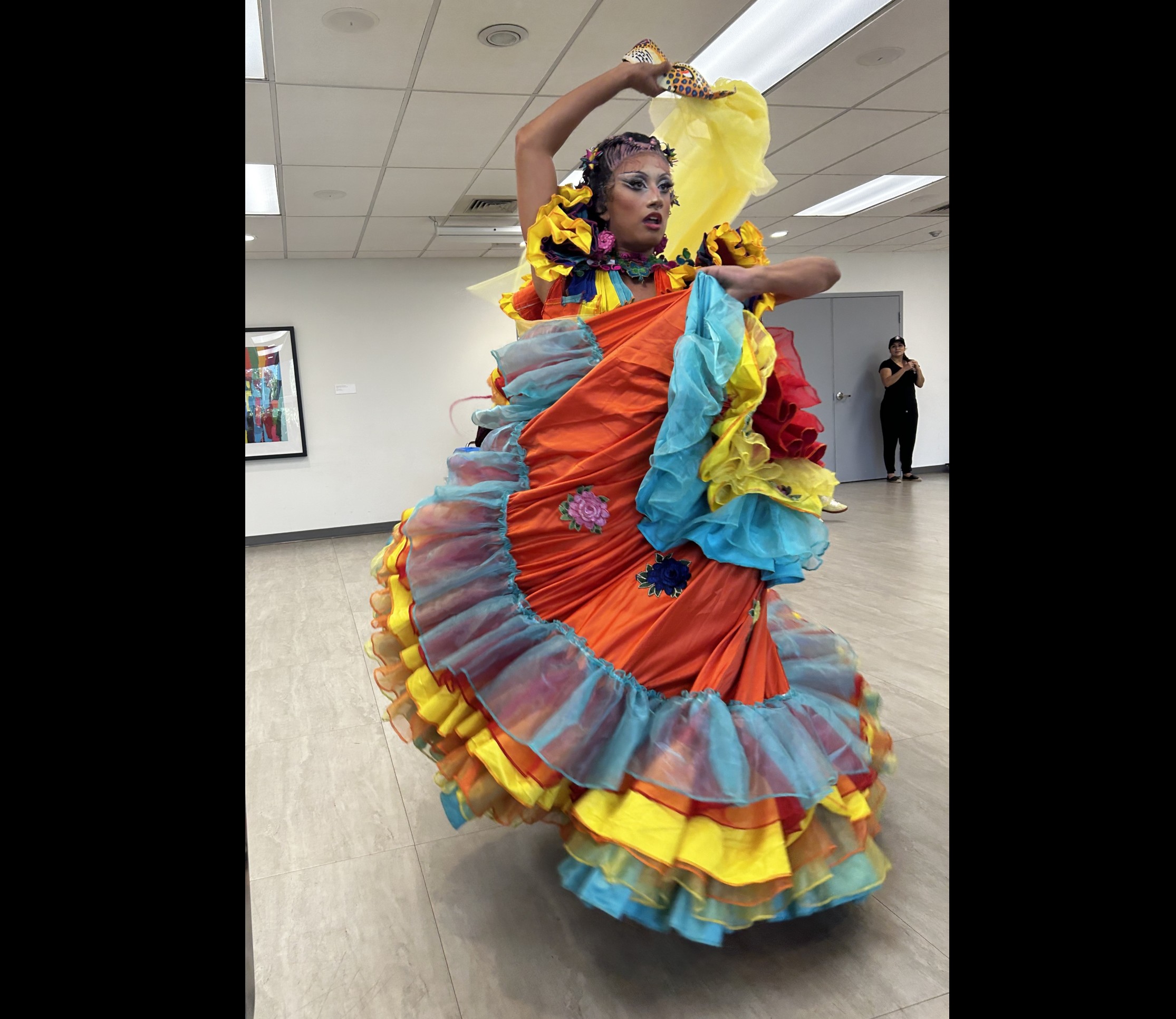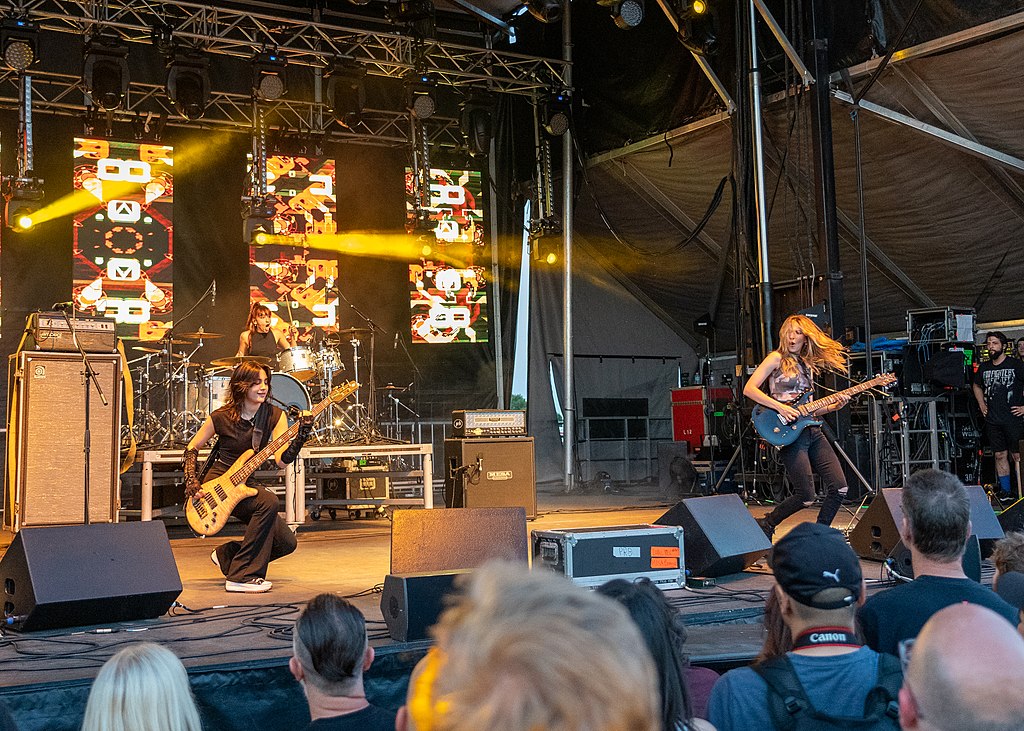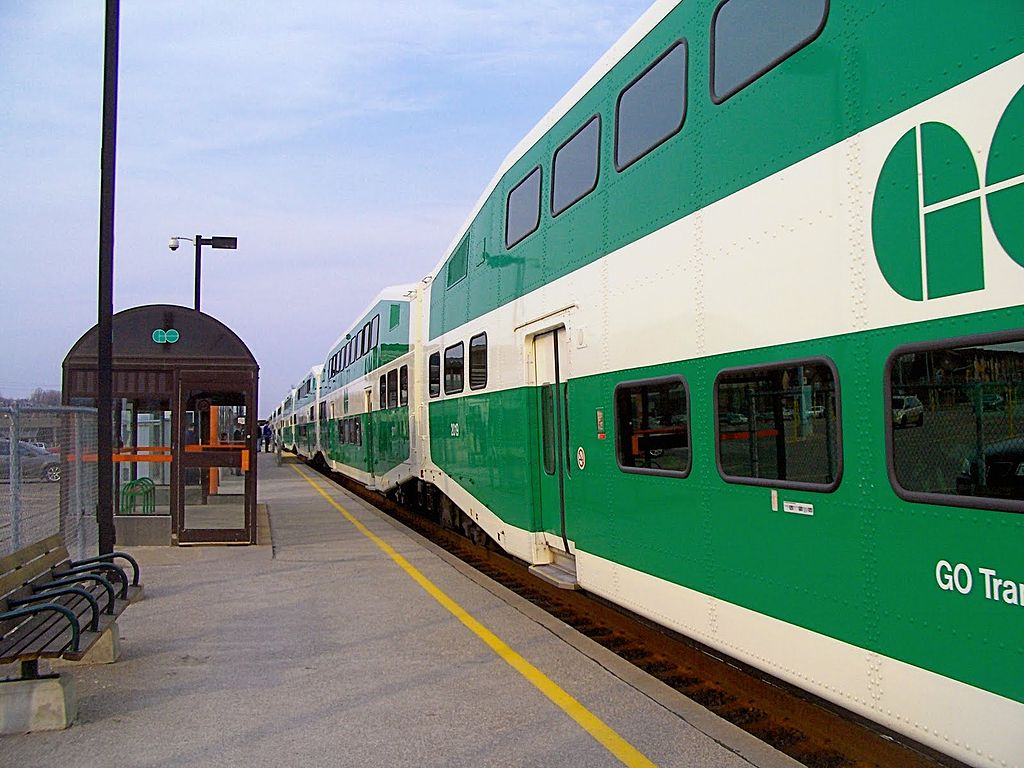By Sydney Alexandra, Local Journalism Initiative Reporter
On Saturday, September 15, the Art Gallery of Burlington hosted a vibrant Latin Drag Brunch organized by the Halton Equity Diversity Roundtable and Drag Academy, with a special appearance from Grandmother’s Voice. The event celebrated culture and highlighted the importance of education on diversity, reconciliation, and community building.
The timing of the event was significant as it coincided with Mexico’s Independence Day, commemorating the country’s liberation from Spanish colonial rule. Guests were treated to an enriching experience that offered a taste of authentic Mexican food, song, and dance, all while emphasizing the importance of Indigenous reconciliation in Canada.
Grandmother’s Voice, an Indigenous-led initiative, was integral to the day’s discussions. Jody Harbour, co-founder of the organization, took to the stage to discuss the critical and ongoing importance of Truth and Reconciliation, emphasizing that it is not a concept to be acknowledged only on designated days but one that needs to be a part of our lives and conversations year-round.
Harbour stated, “We need to build something new that doesn’t exist — that’s what the call-to-action means. Do something different. Get out of the blocks, change the system.”
Harbour’s words reflected the pain and hope that comes with the process of healing from colonization. She emphasized how colonial systems like residential schools have left Indigenous communities struggling with trauma all while trying to reclaim the cultural heritage that they were stripped of.
“We need that shift,” Harbour continued. “We’ve all been colonized, sitting at these tables, I’ve learned if you work within a system, you either become colonized or you leave because it doesn’t align with your values.”
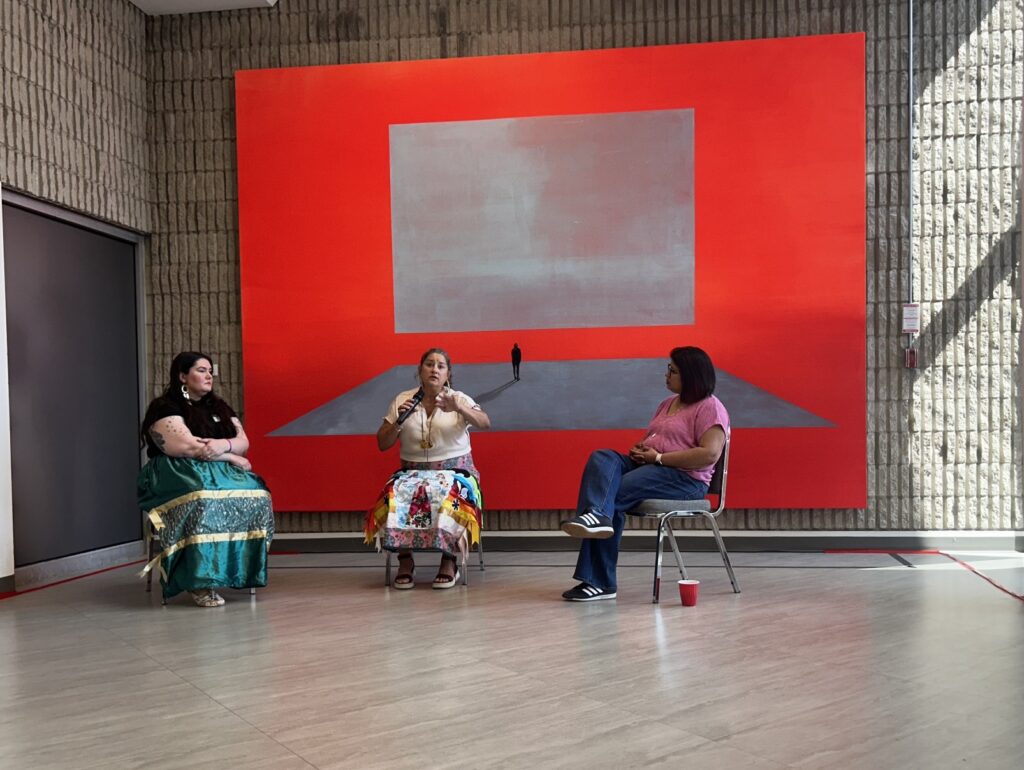
“We need to pay attention to what was left out of the structure of our country: the values of Indigenous people. This includes the connection to the land, the waters, the earth, and the animals. That’s what our ancestors valued.”
Harbour highlighted how organizations, including school boards and cultural programs, have started to recognize these values. Her work within Grandmother’s Voice reflects a commitment to foster connections between Indigenous and non-Indigenous communities to provide a safe space for healing, growth, and advocacy.
Harbour also touched on the importance of shifting organizational policies to recognize the land and its history, offering a powerful analogy: “It’s like going into someone else’s house, wearing your shoes, and rearranging their furniture. You just can’t do that.”
Grandmother’s Voice aims to continue to bridge gaps and facilitate dialogue that will lead to genuine respect and understanding. For those who wish to learn more, Harbour recommended Conversations with Canadians by Lee Maracle, a book that explores the complex realities and offers guidance on how to engage thoughtfully in reconciliation.
Alongside thought-provoking discussions, guests enjoyed Balam Restaurant’s fresh and hand-pressed tortillas with a variety of dishes, such as grilled cactus birria and tinga chicken. The food was spectacular and gave guests a delicious experience, enjoying the true authenticity of a traditional Mexican taco.
Alongside the food, the event was filled with lively performances. Local drag artist Kenadie St. James hosted the event with her quick wit and charismatic energy, effortlessly engaging with the audience. Her performances and playful banter set the stage for the exciting festivities ahead.
Drag Academy’s Addi Pose wowed guests with her incredible dance moves. She commanded the room, weaving through audience tables, keeping guests fully immersed in the experience. Then came the event’s headliner, Drag Race Mexico’s Matraka. Her presence was exhilarating. She wowed audiences in a vibrant, colourful dress and two side braids tied with bright ribbons, symbolizing her heritage, and representing Indigenous identity and feminine beauty.
Born in Purísima del Rincón, Guanajuato, Matraka performed in modernized traditional attire to honour her heritage while also celebrating the art of drag. In a Q&A session following her performance, Matraka spoke about how drag has given her self-expression and connection with her culture.
“Through [cultural] representation, I can truly express myself.” She continued, “Matraka changed my life — with my family, with my town. In Mexico, we deeply appreciate our traditional cultures and drag allows me to celebrate that.”
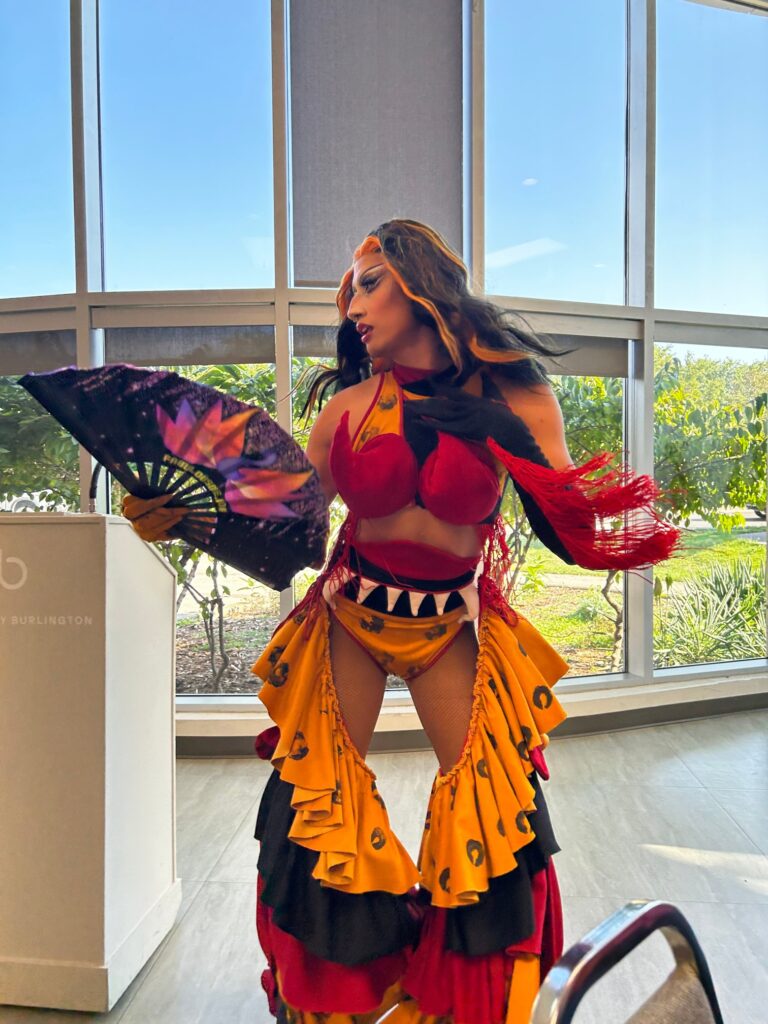
Matraka’s performances are known for weaving her love of her Indigenous Mexican heritage through modern artistry. This was apparent throughout her time on Drag Race Mexico, as well; many of her performances and looks paid homage to various aspects of her culture — with much originality and style. Her authenticity and commitment to her heritage have made her a beloved favourite in the drag community and with those who greatly value genuine cultural representation.
During the Q&A, one fan spoke passionately about the importance of having spaces that celebrate culture and representation. They expressed deep gratitude to Matraka for authentically representing Mexican culture, particularly as an immigrant in Canada. She emphasized Matraka’s impact on breaking stereotypes and genuinely portraying her authentic identity. They added that Matraka has become a key voice in going beyond surface-level depictions and offering proper representation of the Mexican community.
This conversation highlighted the significance of the event. While the Latin Drag Brunch was a celebration of food, art and culture, it was also a reminder of the power of representation. Drag is a form of artistic expression and it has been a platform for marginalized communities to share their stories and assert their identities. Matraka’s presence at the event was not just entertainment but about creating visibility for the Indigenous communities she represents.
The Drag Brunch served as a very powerful reminder of the ways artistic elements can inspire deeper conversation about cultural representation, reconciliation, and building community. The fusion of dazzling drag performances with meaningful discussions on Indigenous reconciliation offered a space to unlearn, learn, and grow.
The event was about making spaces for all voices — Indigenous, immigrant, and marginalized communities alike — to be heard, valued and uplifted. Combining a celebration of Mexican Independence Day and discussions of Indigenous reconciliation, the event not only honoured cultural diversity but also called for ongoing conversations on how we can push forward to create a more inclusive society.
In the end, the Latin Drag Brunch was more than what it seemed. The event was a call to action, urging all attendees to reflect and contribute to building a more equitable and culturally rich community. Through this celebration, education, and dialogue, all attendees were left with a deeper understanding of the intersectionality of culture, identity, and reconciliation.

